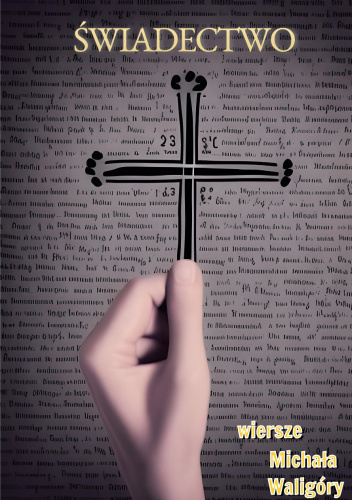
Marta Cywińska: CV d’antan
2023-06-26
Prof. Ibrahim Tepić (1947-1997)
2023-06-30Lucian Blaga: "Small mountains made of golden ashes"

Lucian Blaga (9 May 1895 – 6 May 1961) was a Romanian philosopher, poet, poetry translator and novelist. He was a commanding personality of the Romanian culture of the interbellum period. He was born on 9 May 1895 in Lancrăm, near Alba Iulia, Kingdom of Hungary, Austria-Hungary, his father being an Orthodox priest. At the outbreak of the First World War, he began theological studies at Sibiu, where he graduated in 1917. He published his first philosophy article on the Bergson theory of subjective time. From 1917 to 1920, he attended courses at the University of Vienna, where he studied philosophy and obtained his PhD.Upon returning to Transylvania, now a part of Romania, he contributed to the Romanian press, being the editor of the magazines Culture in Cluj and The Banat in Lugoj.He was married to Cornelia (née Brediceanu). They had a daughter, Dorli, her name being derived from dor, a noun that can be translated, roughly, as "longing".
In 1926, he became involved in Romanian diplomacy, occupying successive posts at Romania's legations in Warsaw, Prague, Lisbon, Bern and Vienna. His political protector was the famous poet Octavian Goga, who was briefly a prime minister. He was elected a titular member of the Romanian Academy in 1936. His acceptance speech was entitled Elogiul satului românesc (In Praise of the Romanian Village).He completed the translation of Faust, the masterpiece of Goethe, one of the German writers that influenced him most.
O, who knows, soul of mine, in which chest you will sing
you also, after centuries,
in soft ropes of silence,
on harps of obscurity – the drowned longing
and the pleasure of living torn? Who knows?
Who knows?1
In 1939, he became professor of cultural philosophy at the University of Cluj, temporarily located in Sibiu in the years following the Second Vienna Award. During his stay in Sibiu, he edited, beginning in 1943, the annual magazine Saeculum.He was dismissed from his university professor chair in 1948 because he refused to express his support to the new Communist regime and he worked as librarian for the Cluj branch of the History Institute of the Romanian Academy.The University of Sibiu bears his name today.
We shall remember once, too late,
This simple happening, so fine,
This very bench where we are seated,
Your burning temple next to mine.
From hazel stamens, cinders fall
White as the poplars that they land on,
Beginnings want to be fecund,
May gives itself with sweet abandon.2
He was forbidden to publish new books, and until 1960 he was allowed to publish only translations. In 1956, he was nominated for the Nobel Prize for Literature, but the Romanian Communist government sent two emissaries to Sweden to protest against the nomination, because Blaga was considered an idealist philosopher, and his poems were forbidden until 1962. He was buried on his birthday, 9 May, in the countryside village cemetery of Lancrăm, Romania.
1.; 2. Silence (Lucian Blaga Poems) - Famous Inspirational Poems, Poetry, Quotes (inspirationalstories.com); read June 28, 2023
Marta Cywińska
Fot. Pixabay




